
Whey protein is a popular choice for many, but it’s not the only option available. Whether vegan, lactose-intolerant, or simply looking for variety, plenty of alternatives meet your protein needs.
This guide will introduce 15 whey protein alternatives that offer excellent nutritional value while catering to different dietary preferences.
You’ll discover options ranging from plant-based proteins like pea and hemp to animal-based sources like egg whites and collagen.
Each alternative brings unique benefits, from easy digestibility to added nutrients like omega-3s and fiber. We promise you’ll find a protein source that fits your needs and lifestyle.
What are the Best Alternatives to Whey Protein?
1. Pea Protein
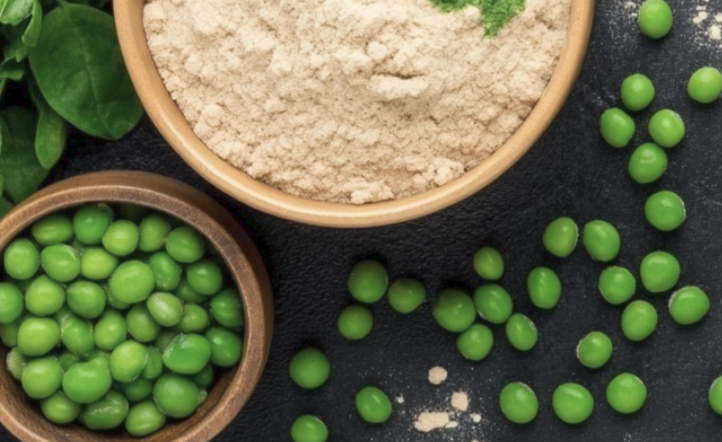
- Protein Content: Around 15-25 grams of protein per serving, depending on the brand.
- Nutritional Benefits: Rich in iron and contains all nine essential amino acids, though slightly lower in methionine.
- Dietary Suitability: Vegan, gluten-free, and hypoallergenic.
- Digestibility: Easy to digest and gentle on the stomach, making it a good option for those with sensitivities.
2. Brown Rice Protein
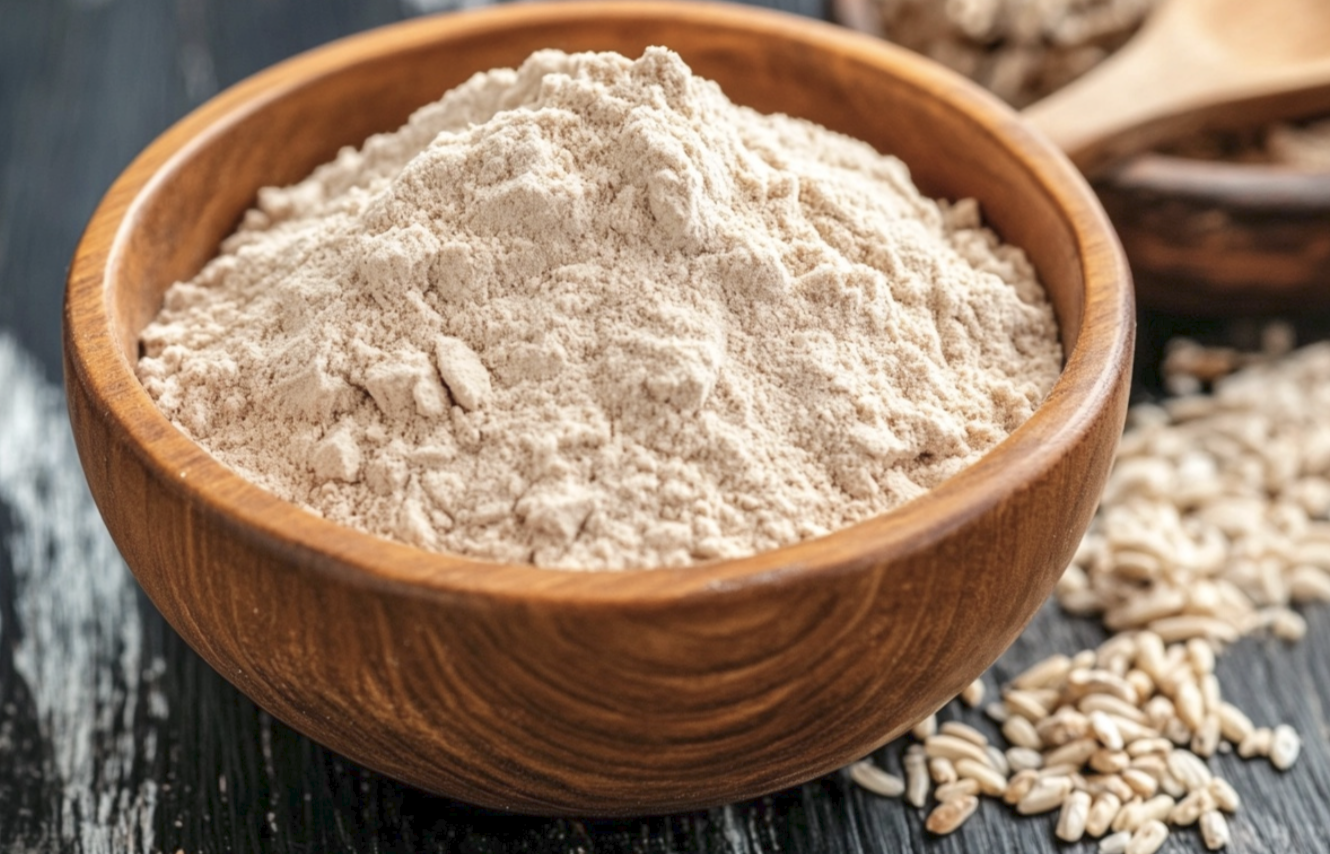
- Protein Content: Typically 15-22 grams of protein per serving.
- Nutritional Benefits: High in fiber and rich in antioxidants, but low in lysine.
- Dietary Suitability: Vegan, gluten-free, and hypoallergenic.
- Digestibility: Easily digestible, though some may find it slightly grainy in texture.
3. Hemp Protein
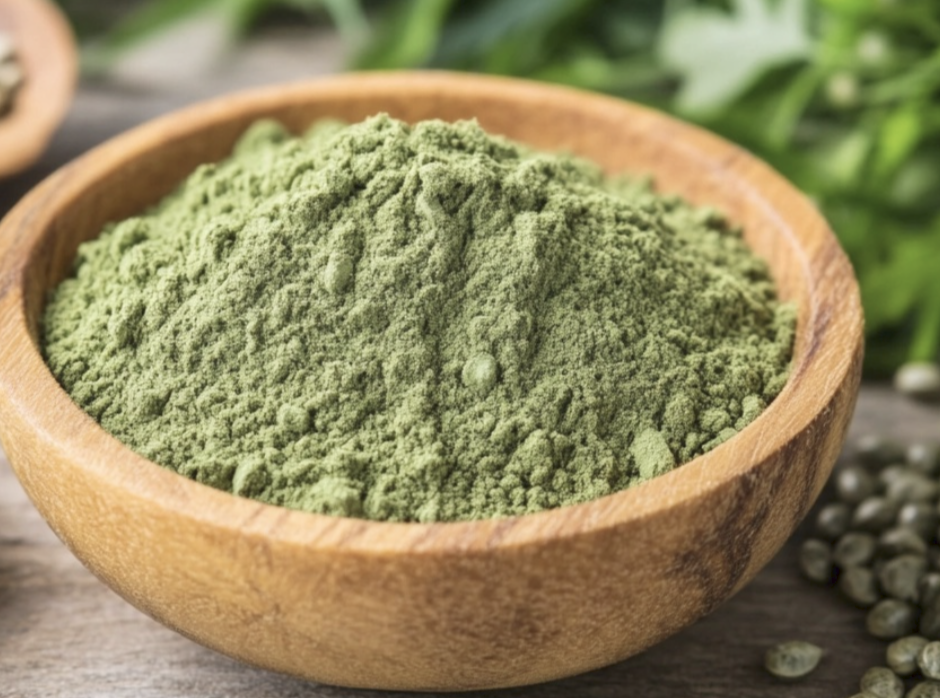
- Protein Content: Approximately 15 grams of protein per serving.
- Nutritional Benefits: Contains omega-3 and omega-6 fatty acids, fiber, and all nine essential amino acids.
- Dietary Suitability: Vegan, gluten-free, and a good option for those with soy or dairy allergies.
- Digestibility: Easily digested due to its fiber content, but may have a slightly earthy taste.
4. Soy Protein
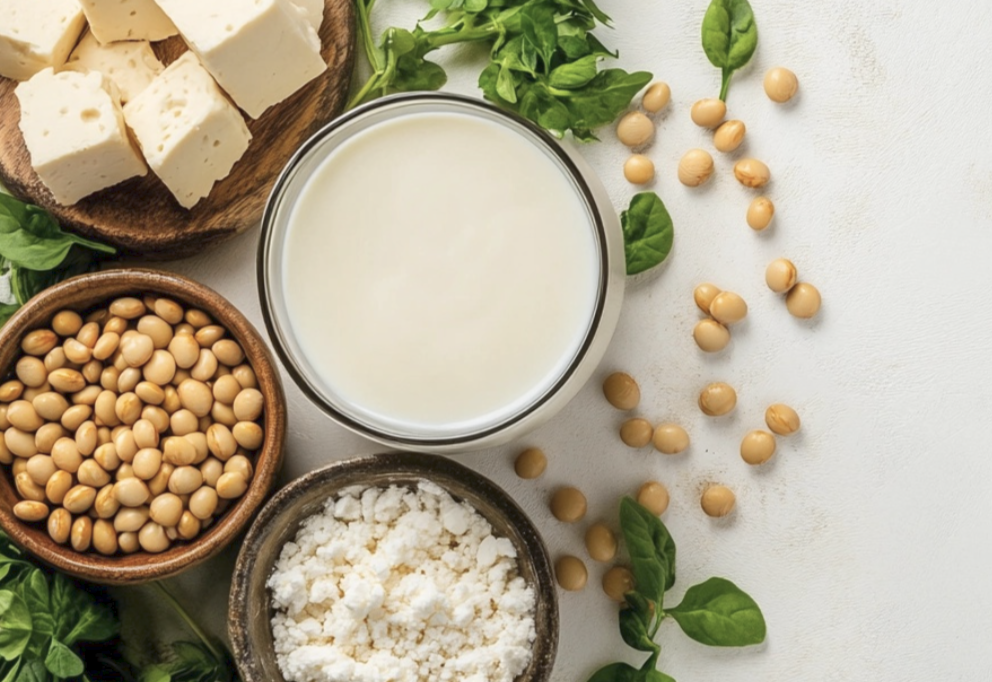
- Protein Content: 20-25 grams of protein per serving.
- Nutritional Benefits: Complete protein containing all essential amino acids, with additional isoflavones that may benefit heart health.
- Dietary Suitability: Vegan and gluten-free, though some people may have soy allergies.
- Digestibility: Generally easy to digest, but can cause bloating for some individuals sensitive to soy.
5. Pumpkin Seed Protein
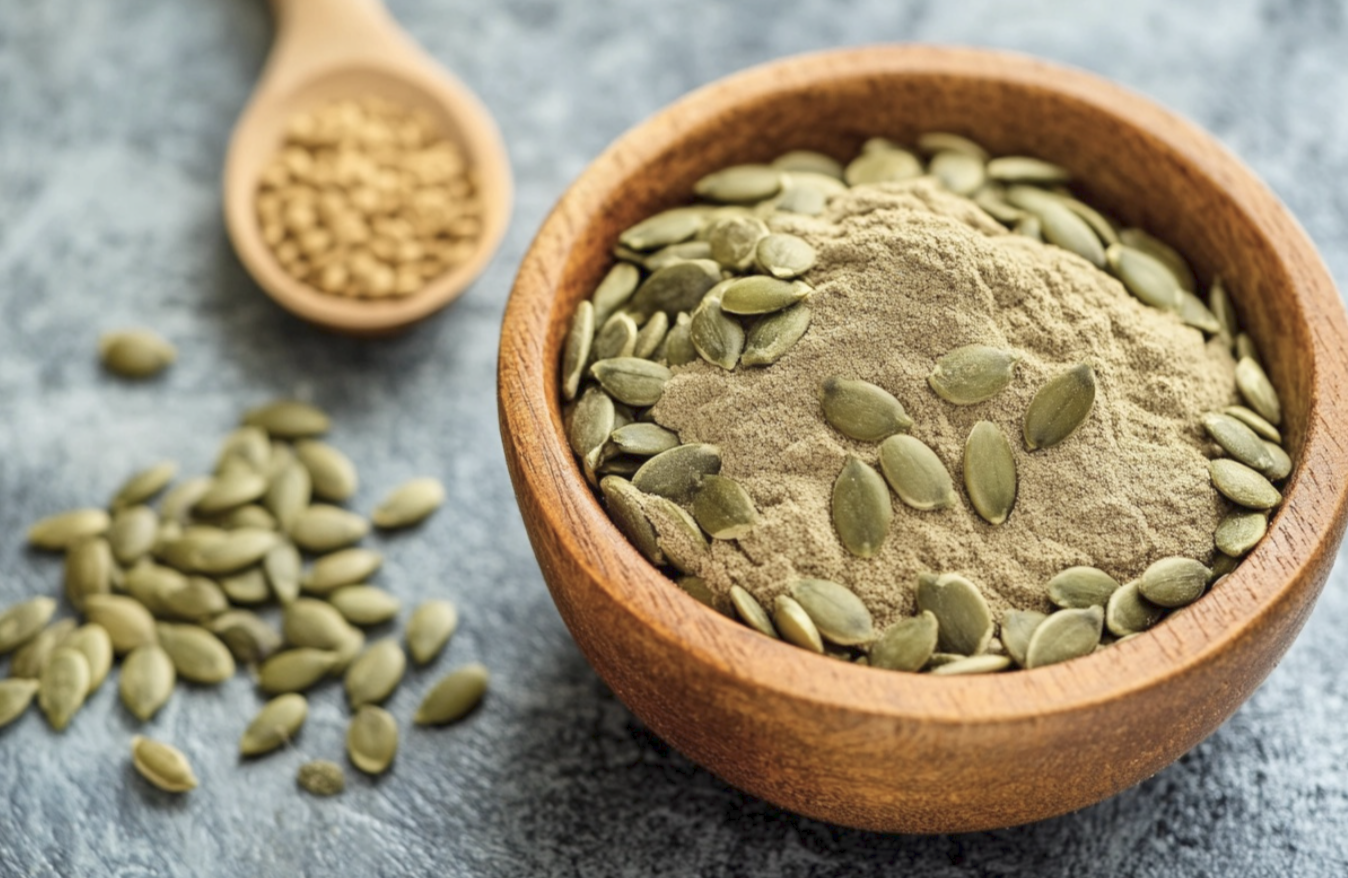
- Protein Content: 18-20 grams of protein per serving.
- Nutritional Benefits: High in magnesium, zinc, and antioxidants.
- Dietary Suitability: Vegan, gluten-free, and suitable for those with nut allergies.
- Digestibility: Easy to digest, with a smooth texture and mild flavor.
6. Chia Seed Protein
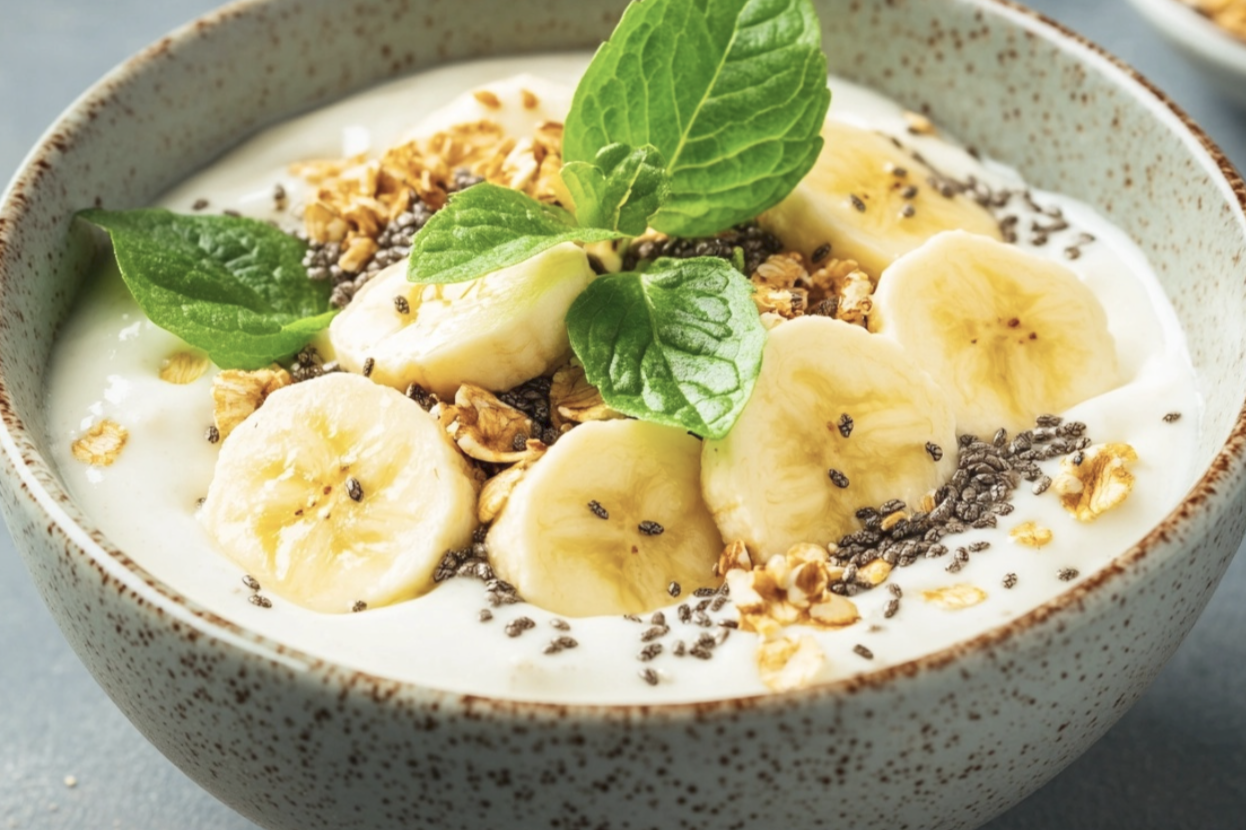
- Protein Content: Around 15 grams of protein per serving.
- Nutritional Benefits: Rich in fiber, omega-3 fatty acids, and antioxidants.
- Dietary Suitability: Vegan, gluten-free, and paleo-friendly.
- Digestibility: Easy to digest and offers added benefits for gut health due to its high fiber content.
7. Sunflower Seed Protein

- Protein Content: 15-20 grams of protein per serving.
- Nutritional Benefits: High in vitamin E, selenium, and healthy fats.
- Dietary Suitability: Vegan, gluten-free, and suitable for nut and dairy allergies.
- Digestibility: Easily digestible, with a neutral taste that blends well in recipes.
8. Almond Protein
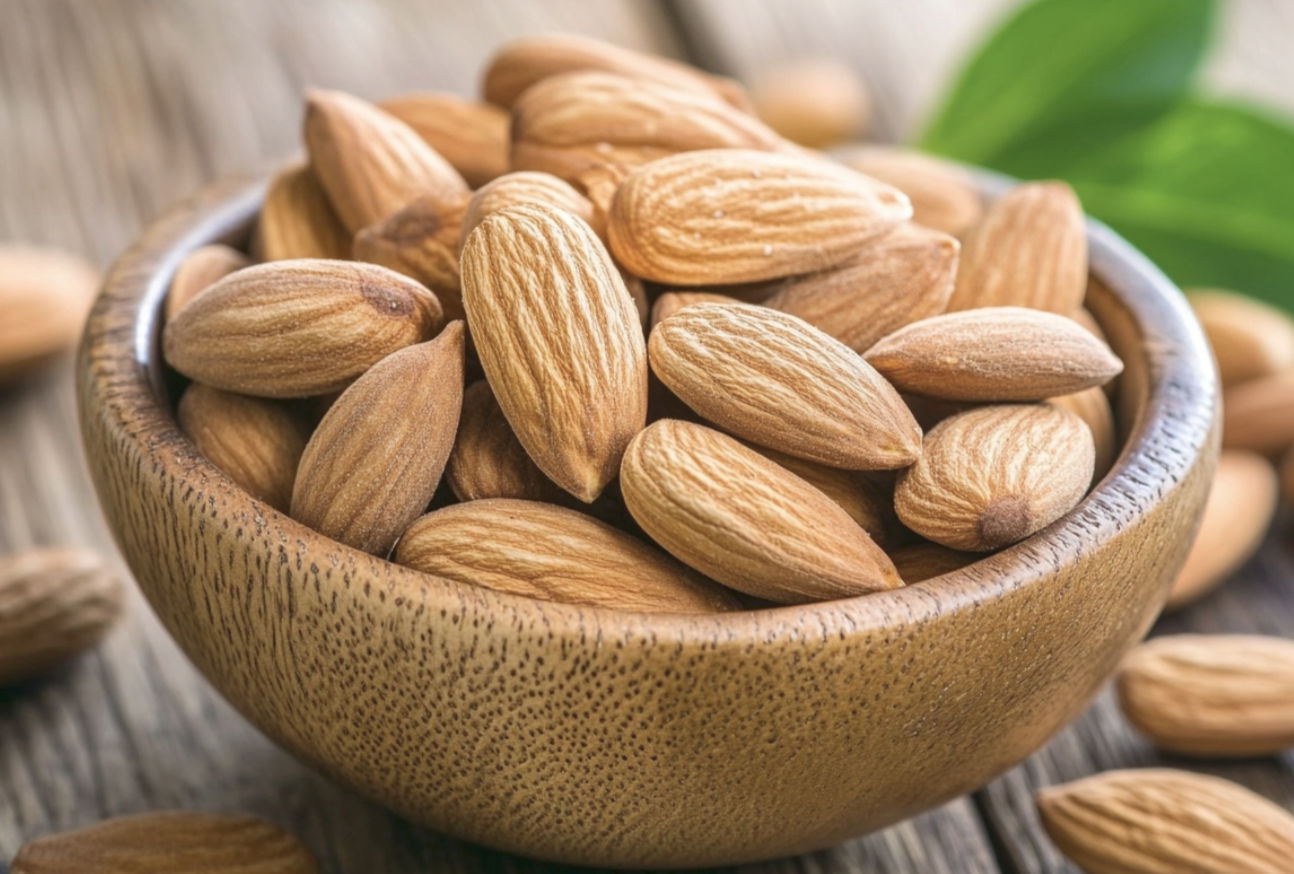
- Protein Content: Around 15-18 grams of protein per serving.
- Nutritional Benefits: Rich in vitamin E, healthy fats, and fiber.
- Dietary Suitability: Vegan, gluten-free, and paleo-friendly, though unsuitable for those with nut allergies.
- Digestibility: Generally easy to digest, but those sensitive to nuts may find it harder to tolerate.
9. Egg White Protein
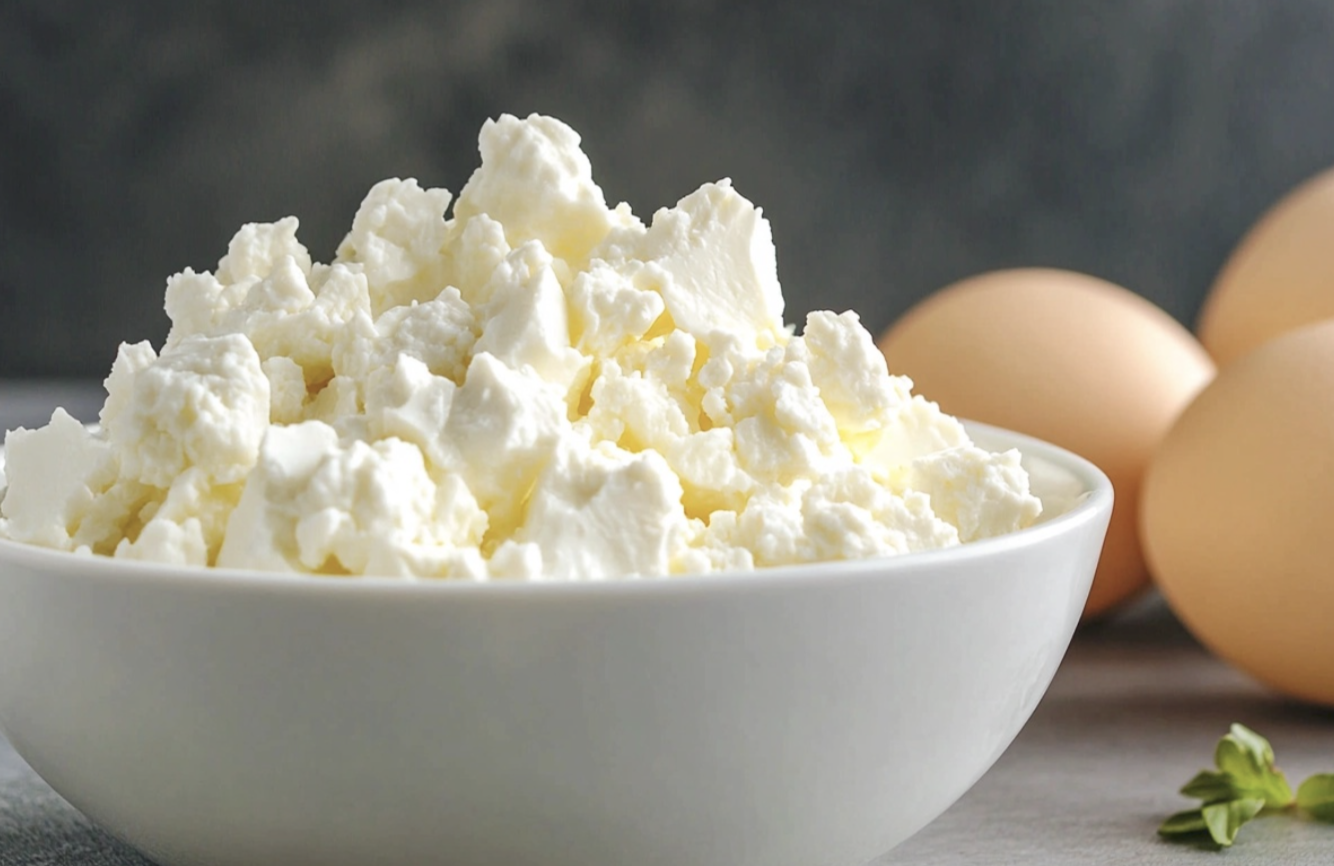
- Protein Content: 20-25 grams of protein per serving.
- Nutritional Benefits: It is low in fat and carbohydrates and offers a complete amino acid profile.
- Dietary Suitability: Suitable for low-carb and keto diets, but not for vegans or those with egg allergies.
- Digestibility: Highly digestible, with minimal bloating or digestive issues.
10. Collagen Protein
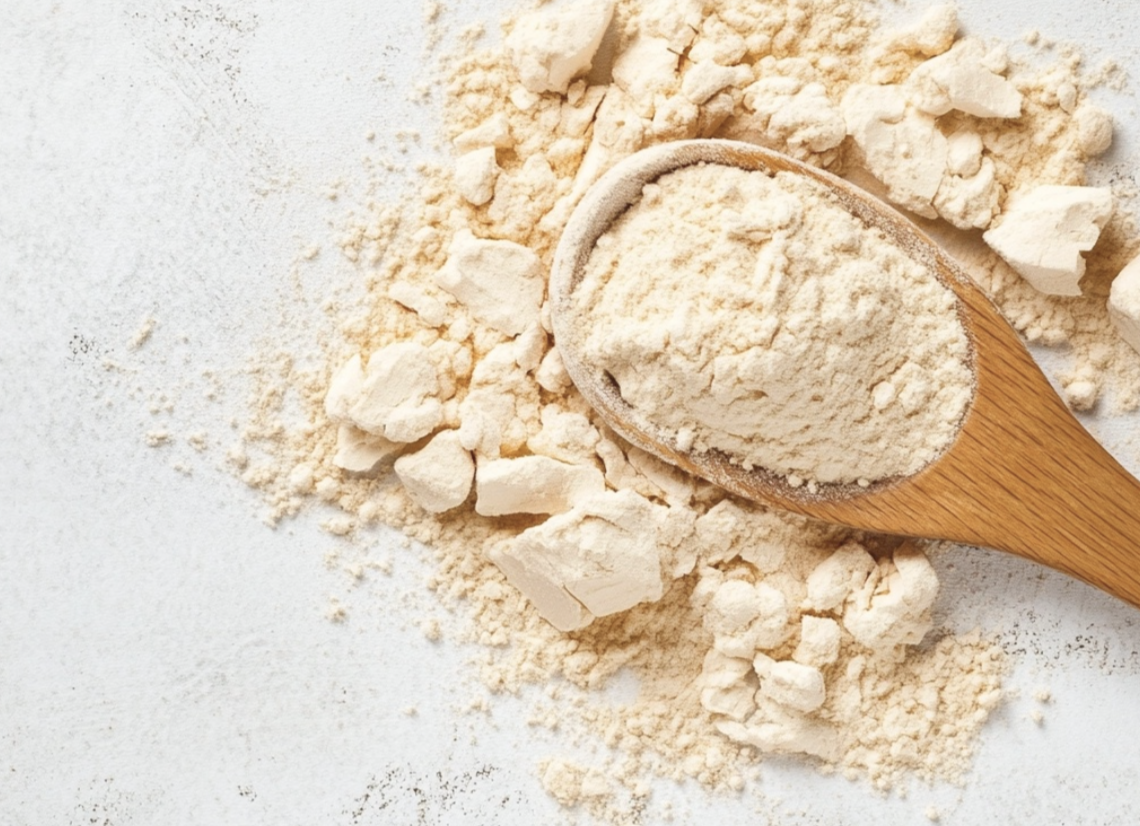
- Protein Content: 18-20 grams of protein per serving.
- Nutritional Benefits: Supports skin, hair, nails, and joint health due to high collagen content.
- Dietary Suitability: Paleo and keto-friendly but unsuitable for vegans or vegetarians.
- Digestibility: Extremely easy to digest and often recommended for those with sensitive stomachs.
11. Quinoa Protein
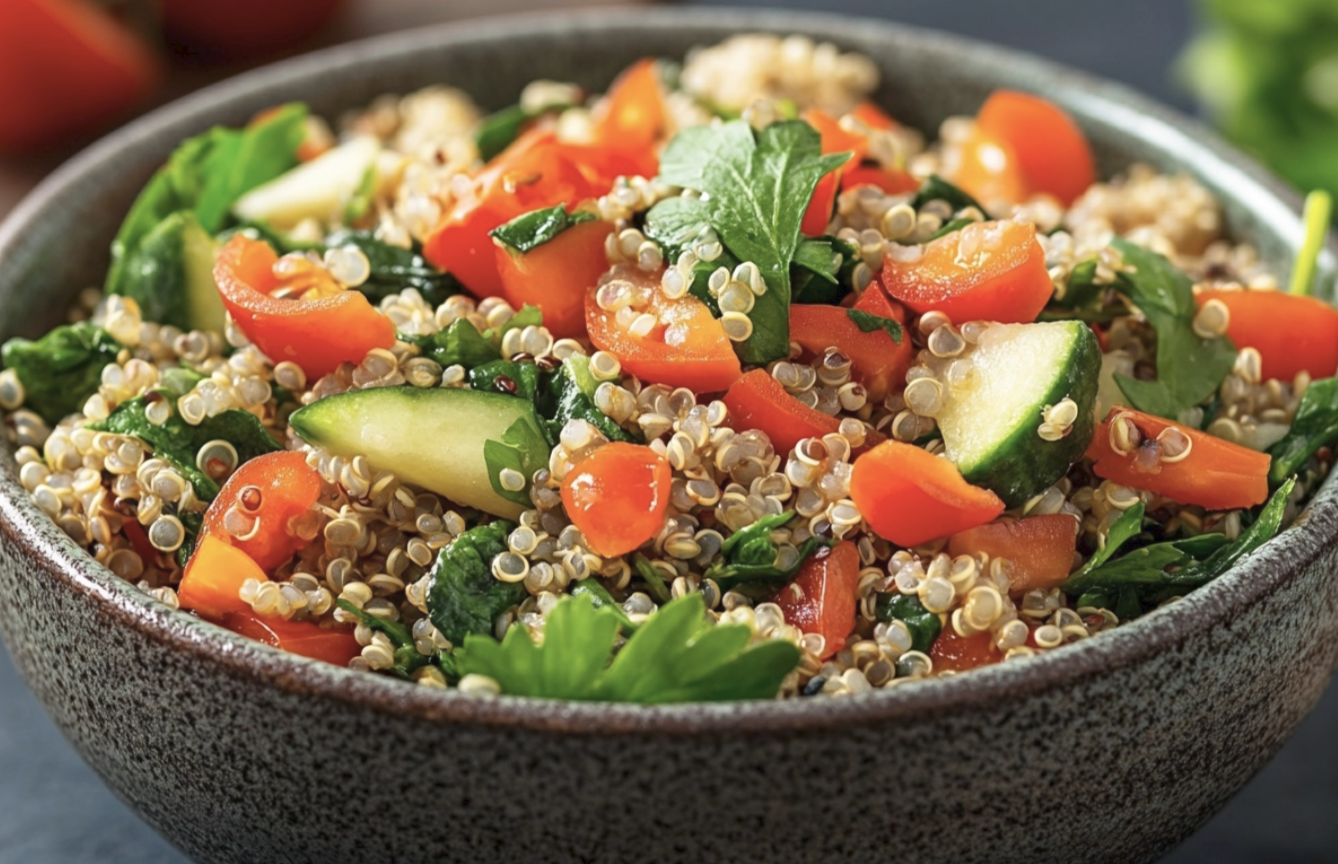
- Protein Content: Around 12-15 grams of protein per serving.
- Nutritional Benefits: Complete protein with all essential amino acids, also high in fiber and magnesium.
- Dietary Suitability: Vegan, gluten-free, and highly nutritious for most diets.
- Digestibility: Easy to digest, but some may find the texture gritty when used in protein powder form.
12. Flaxseed Protein
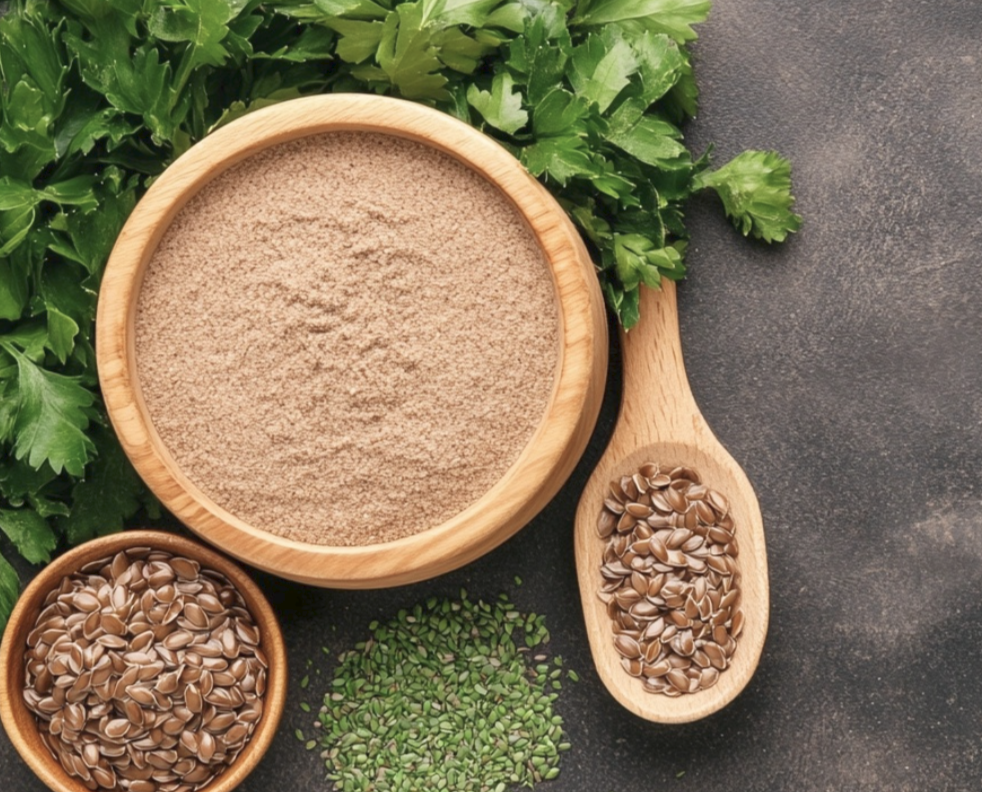
- Protein Content: Around 15 grams of protein per serving.
- Nutritional Benefits: High in omega-3 fatty acids, fiber, and antioxidants.
- Dietary Suitability: Vegan, gluten-free, and suitable for low-carb diets.
- Digestibility: Easy to digest, though high fiber content may cause mild bloating for some.
13. Sacha Inchi Protein
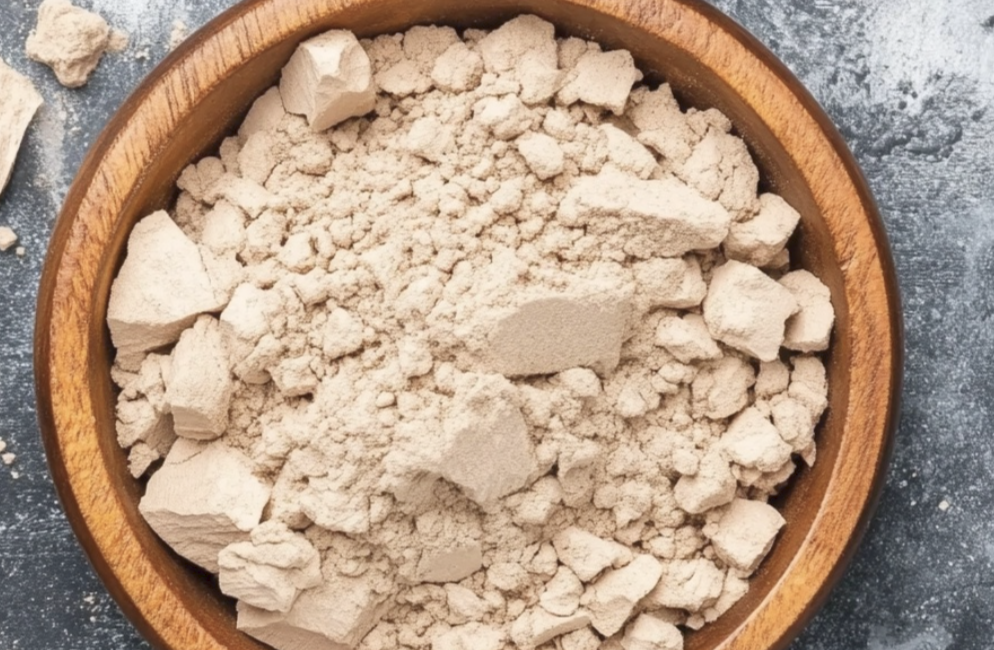
- Protein Content: 17-20 grams of protein per serving.
- Nutritional Benefits: High in omega-3 fatty acids, fiber, and antioxidants.
- Dietary Suitability: Vegan, gluten-free, and suitable for those with nut and dairy allergies.
- Digestibility: Easily digestible and often recommended for people with sensitive stomachs.
14. Greek Yogurt
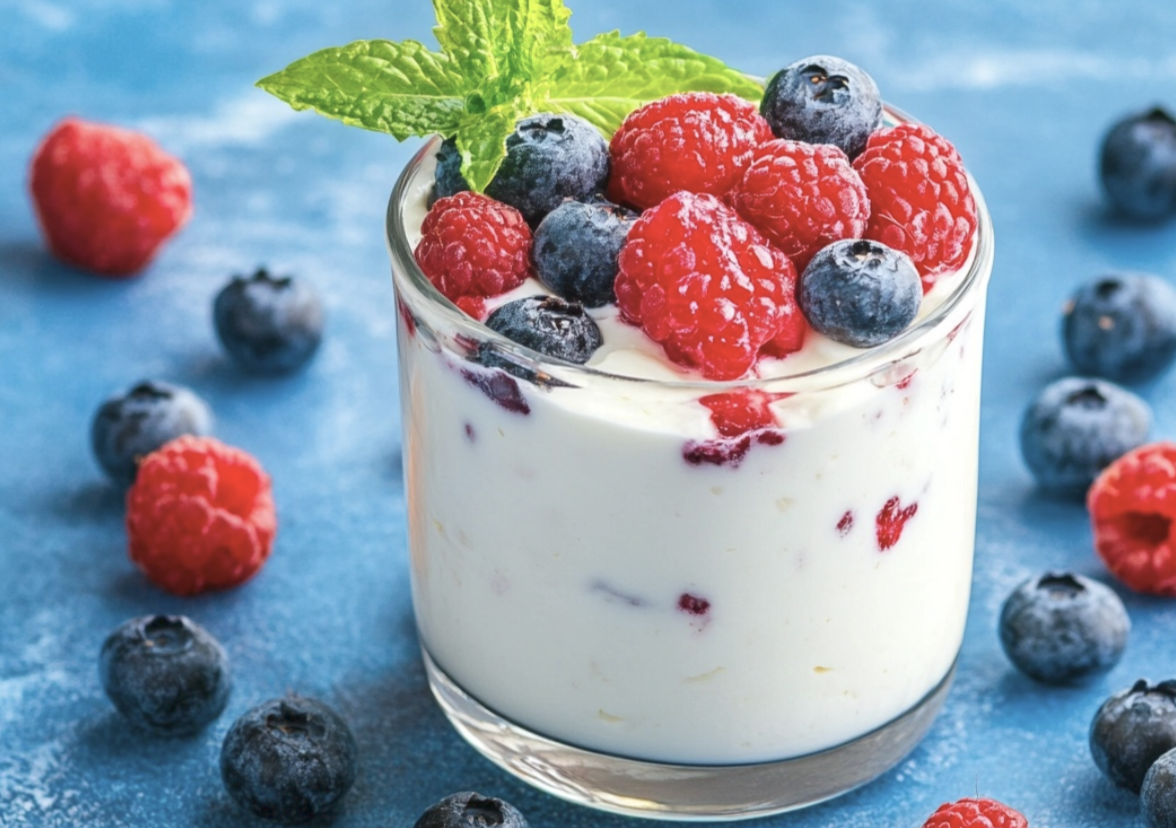
- Protein Content: Around 10-20 grams of protein per serving, depending on the brand.
- Nutritional Benefits: Contains probiotics, calcium, and healthy fats.
- Dietary Suitability: Suitable for low-carb and high-protein diets but not for those with lactose intolerance.
- Digestibility: Generally easy to digest but may cause issues for those sensitive to dairy.
15. Cottage Cheese
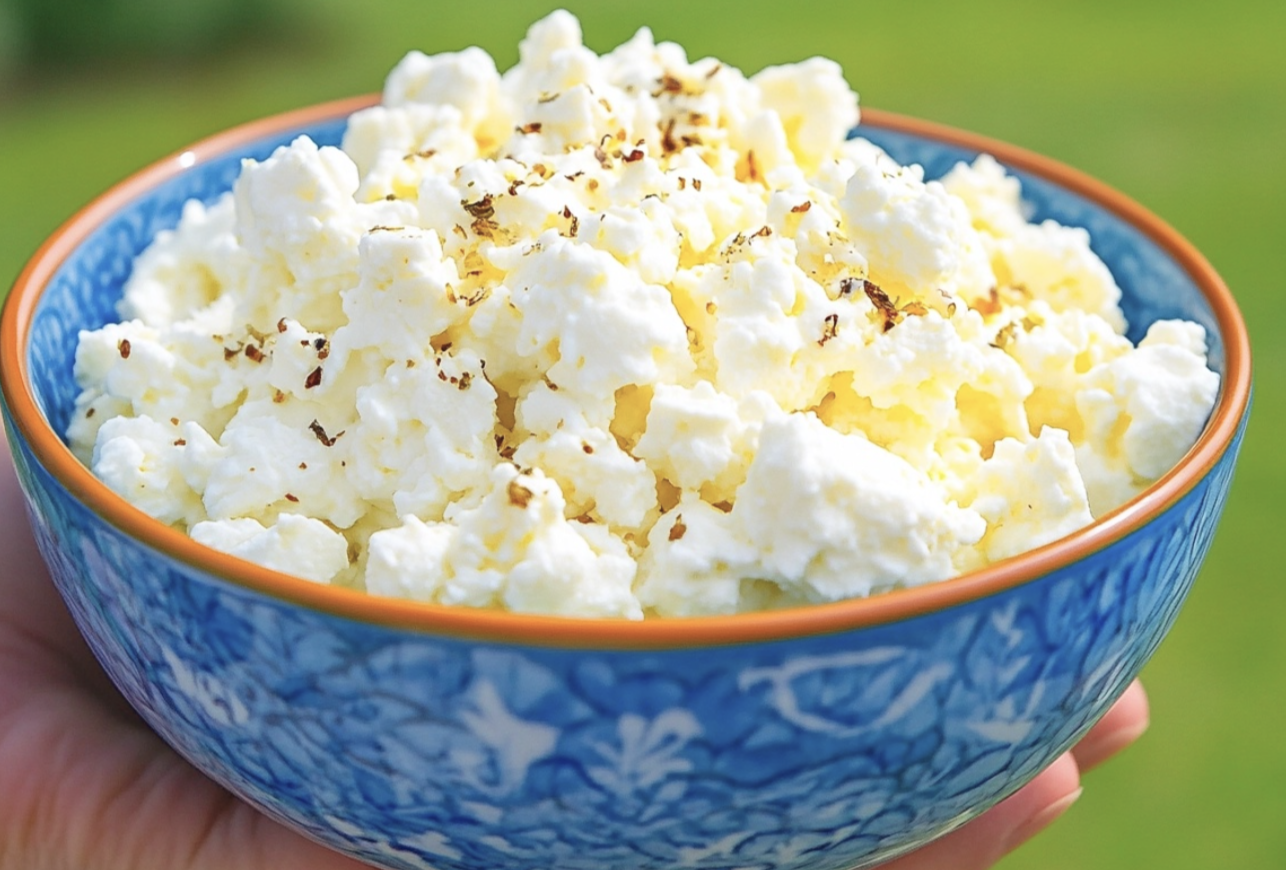
- Protein Content: 10-15 grams of protein per serving.
- Nutritional Benefits: High in calcium and phosphorus and low in fat, depending on the variety.
- Dietary Suitability: Great for low-carb and high-protein diets but unsuitable for vegans or those with lactose intolerance.
- Digestibility: Easy to digest for most people, though some may have difficulty if they are sensitive to dairy.
Conclusion
With so many whey protein alternatives available, finding the right one for your needs is easier than ever.
Each alternative comes with its own benefits, from added nutrients to easier digestion, making them suitable for various dietary preferences and goals.
By exploring these options, you can find a protein source that supports your health without sacrificing taste or nutrition.
Now that you know more about these alternatives, you can confidently choose the one that best complements your lifestyle and fitness journey.
Protein variety can help keep your meals exciting and nutritious!

